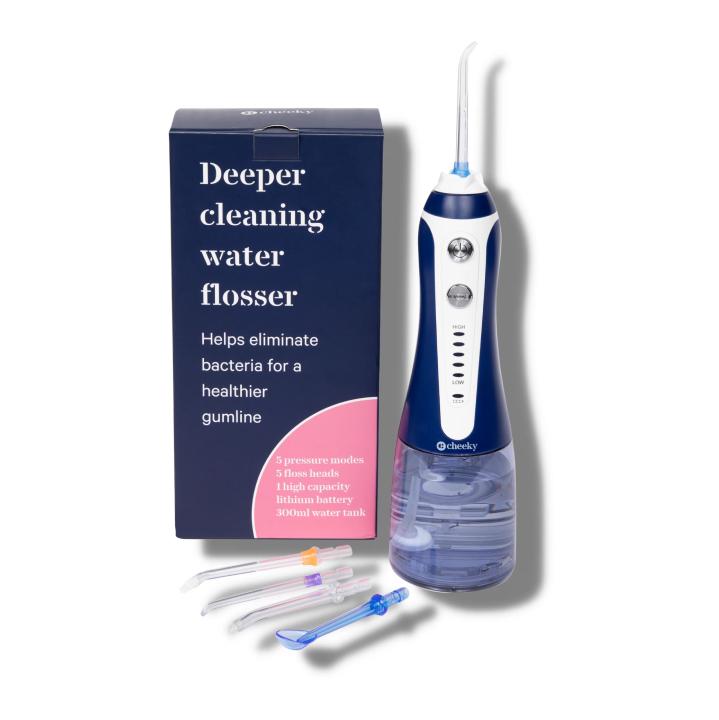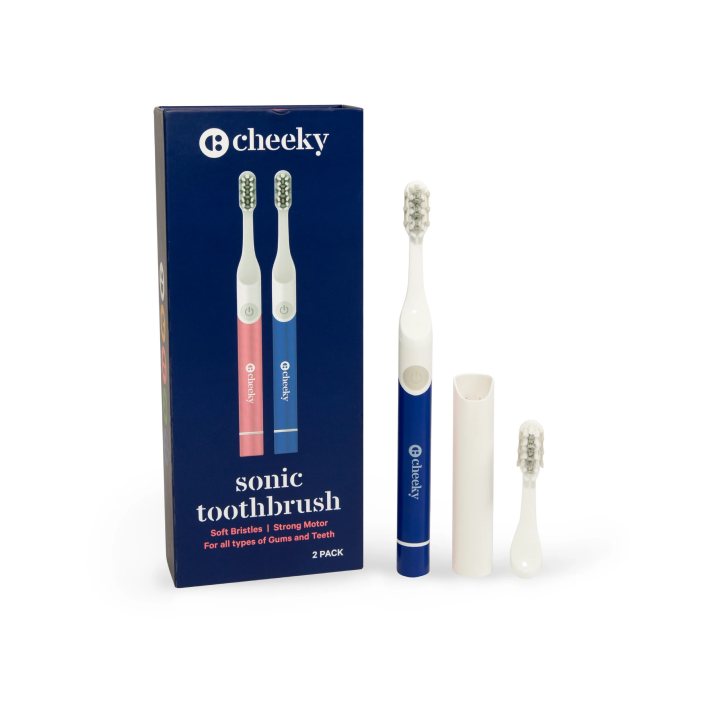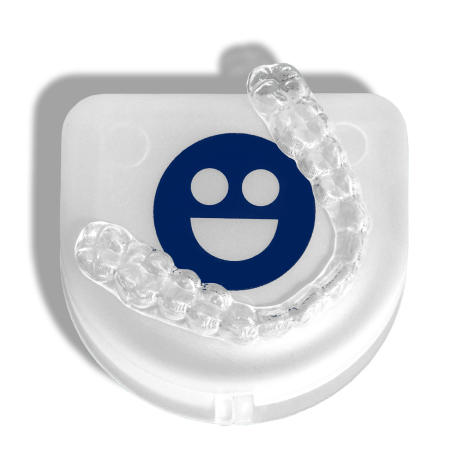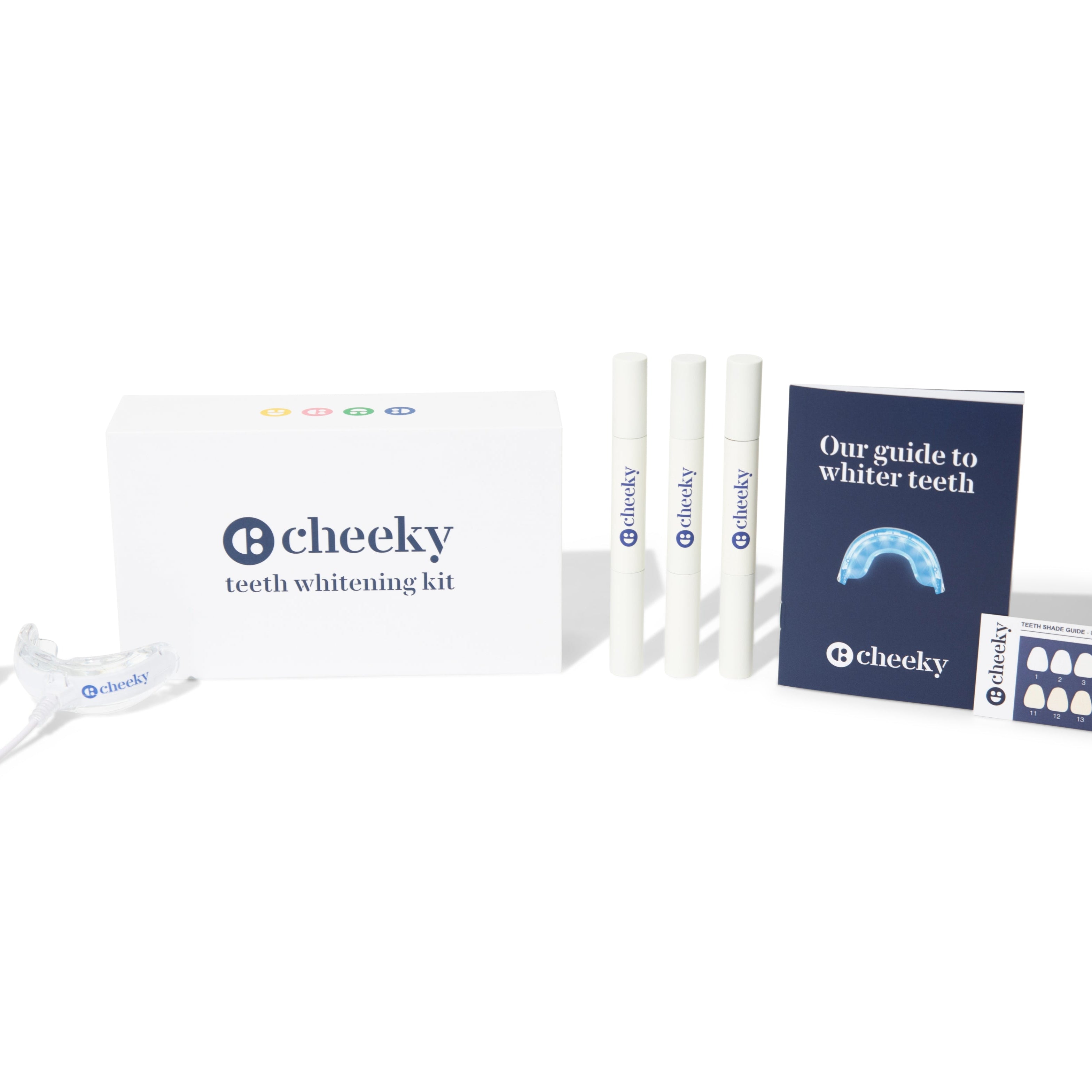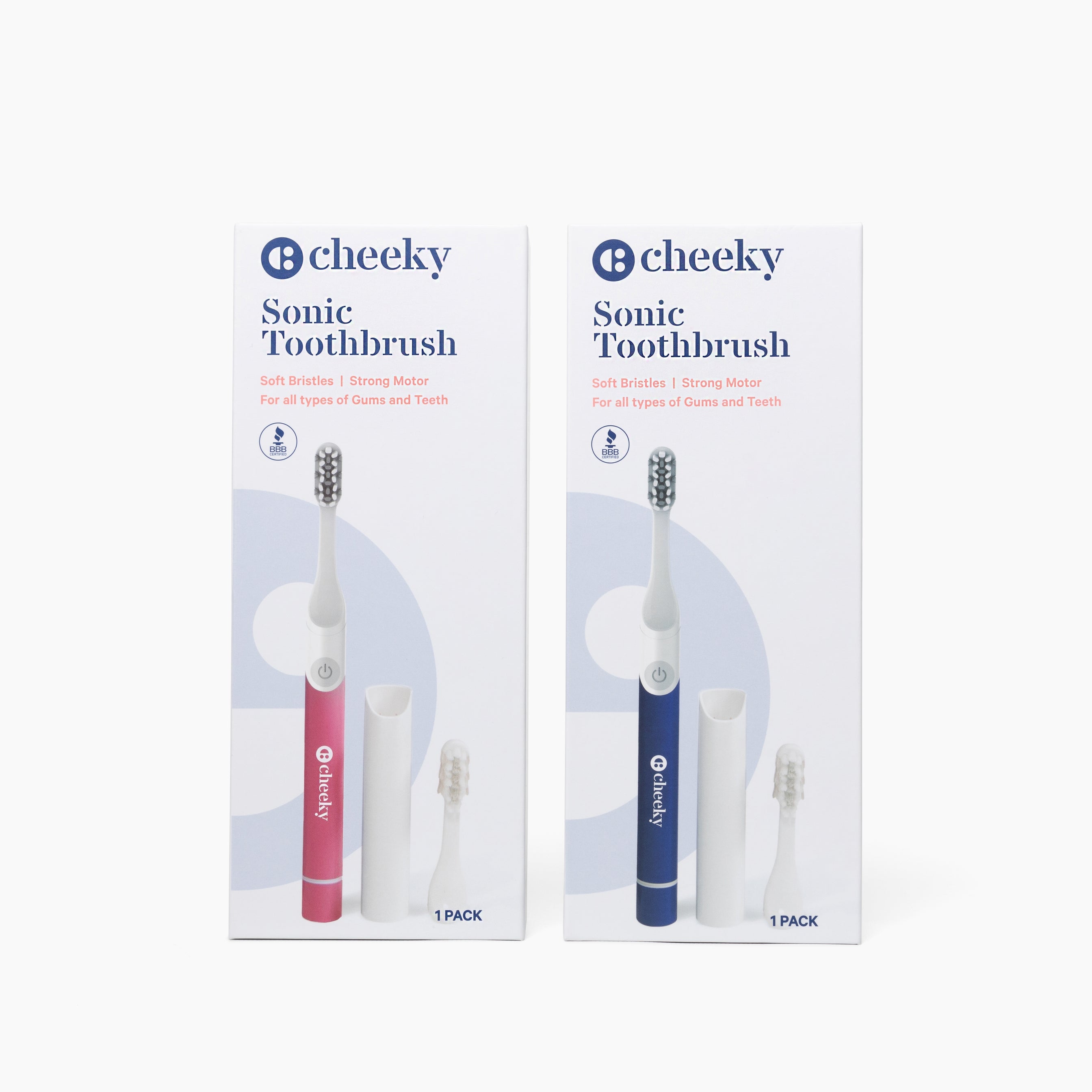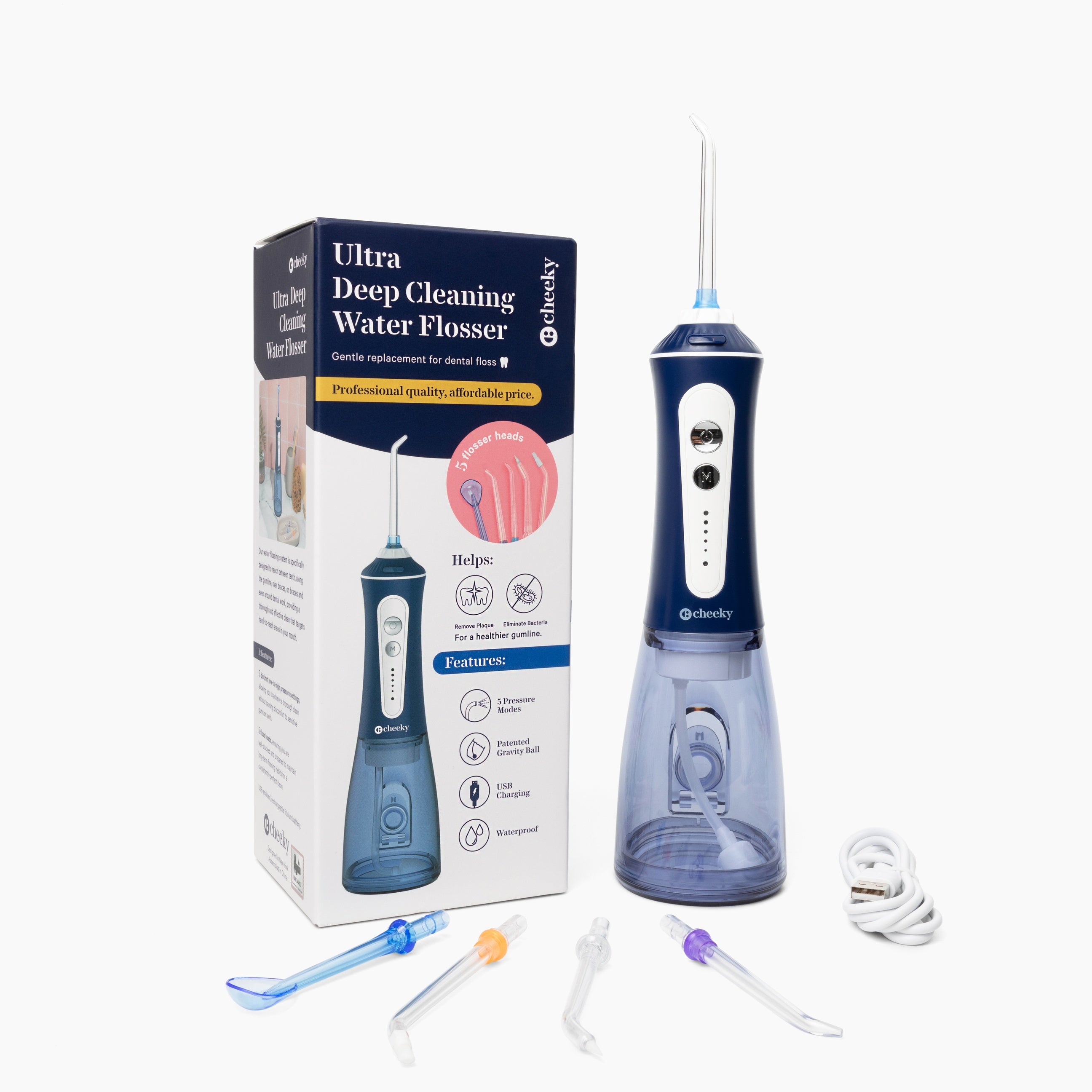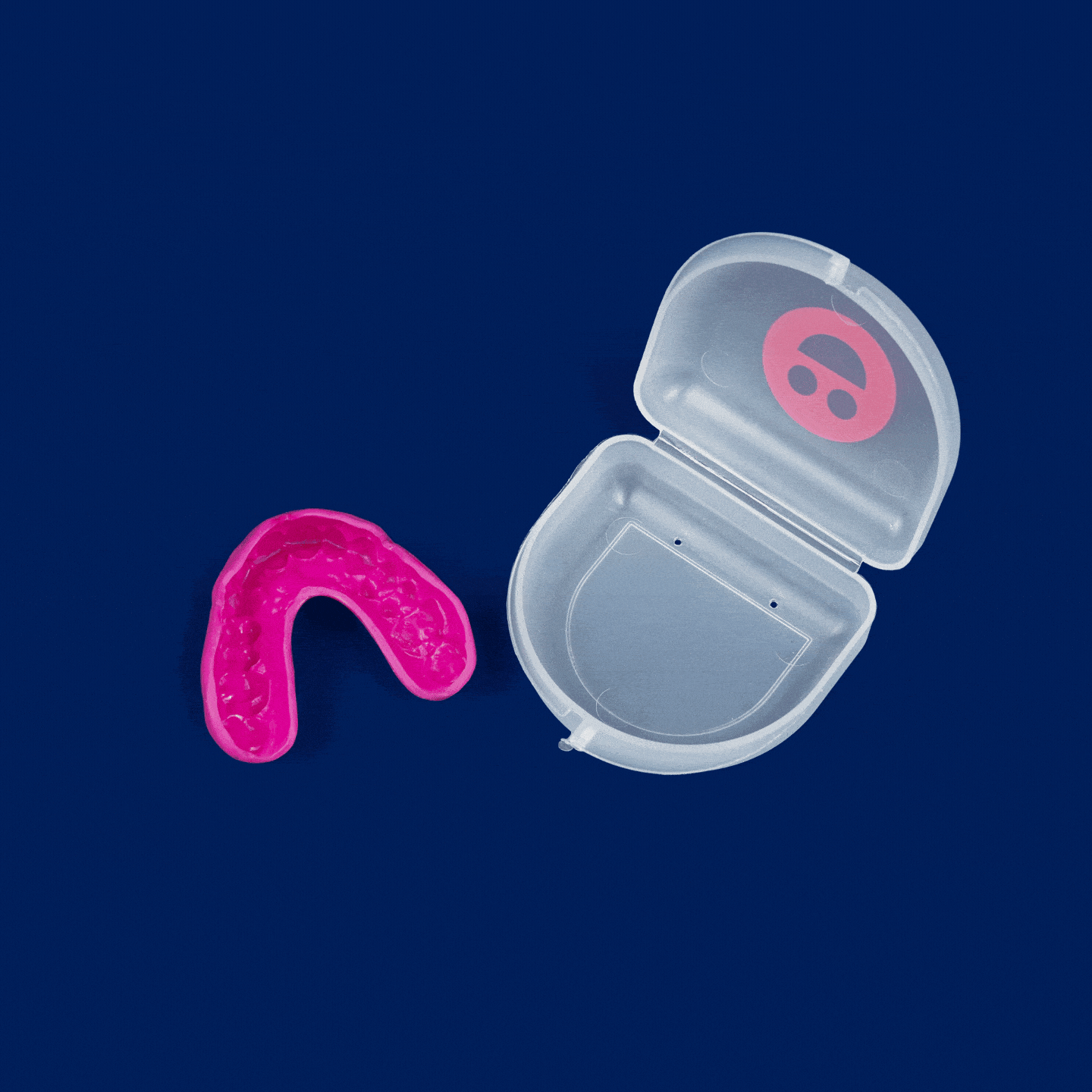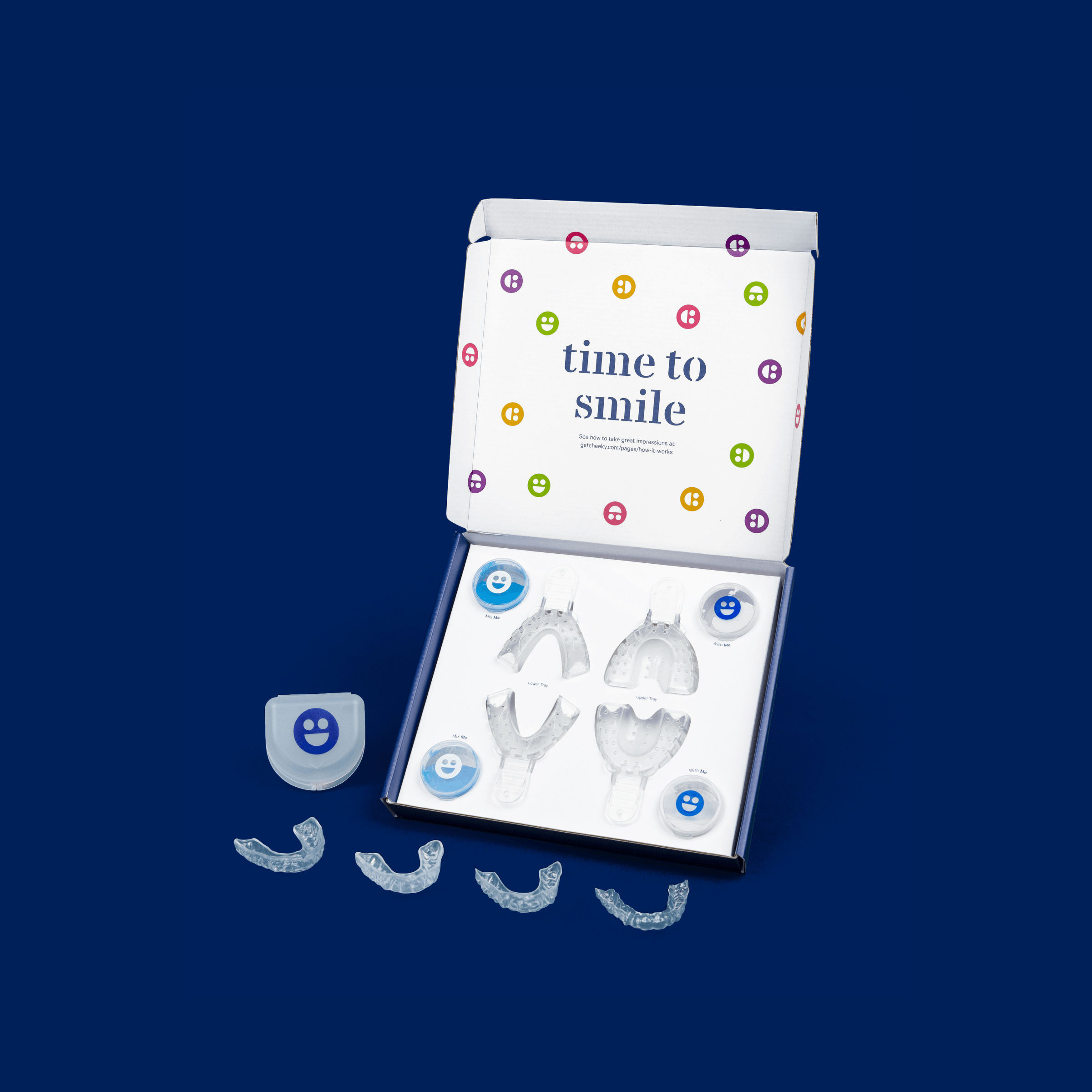As we age, our bodies go through many changes. Some of these changes can lead to new or worsening health conditions. One such condition is bruxism, which is the medical term for teeth grinding. In this article, we'll explain bruxism in detail as well as its unique impact on the elderly population.
Bruxism Defined:
Bruxism is a problem in which people clench or grind their teeth involuntarily. The word “bruxism” comes from the Greek word brychein, which means “to grind.”
There are two types of bruxism. Awake bruxism refers to the grinding or clenching of the teeth during the day, while sleep bruxism refers to the grinding or clenching of the teeth during sleep.
Sleep bruxism is much more common than awake bruxism, and it is also more likely to cause damage to the teeth.
Causes Of Bruxism/Teeth Grinding
The exact cause of bruxism is unknown. However, there are several factors that may contribute to the development of bruxism:
Stress and anxiety
People who are under a lot of stress or have anxiety are more likely to grind their teeth. This is because grinding is a common way to release tension and stress.
Teeth misalignment
People with teeth that are not properly aligned are more likely to grind their teeth. This is because misaligned teeth can put extra stress on the jaw, which can lead to grinding.
Caffeine
Caffeine is a stimulant that can increase the risk of bruxism. Caffeine is found in coffee, tea, energy drinks, and chocolate.
Smoking
Smoking tobacco is also a risk factor for bruxism. This is because tobacco use can lead to inflammation and irritation of the jaw, which can trigger grinding.
Common Symptoms And Impacts
Most people with bruxism do not realize they are doing it. However, there are some signs and symptoms that may be a sign of bruxism, including the following.
Abraded teeth: The constant grinding of the teeth can wear them down and make them more susceptible to cavities.
Jaw pain: The muscles in the jaw can become strained and painful from all the grinding.
Headaches: The tension in the jaw can lead to headaches and migraines.
Sleep problems: Bruxism can disrupt sleep and cause sleep problems such as insomnia.
Facial pain: Excessive and ongoing grinding from bruxism can cause pain in the face, neck, and shoulders.
Headaches: Bruxism can cause tension headaches and migraines.
Locking of the jaw: In severe cases of bruxism, the muscles in the jaw can become so tight from grinding that the jaw may lock.
Bruxism And The Senior Community
Statistics show that millions of seniors worldwide suffer from bruxism, and that the condition currently affects over 10% of adults in the United States.
There are several reasons why seniors may be more likely to grind their teeth. One reason is that bruxism is more common in people who are under a lot of stress. As we age, we may experience more stressful life events, such as the death of a loved one or retirement.
Another reason why seniors may be more likely to grind their teeth is that they are more likely to have medical conditions that can cause or worsen bruxism. These conditions include Parkinson’s disease, Alzheimer’s disease, and stroke.
Third, seniors are more likely to take medications that can cause bruxism. These medications include antidepressants, anti-anxiety drugs, and some heart medications.
Finally, seniors may grind their teeth because of changes in their mouth. These changes can include tooth loss, gum disease, and changes in the way their teeth fit together.
Why Are Seniors Particularly Impacted By Bruxism?
It's no secret that our teeth and gums change as we age. Just like the rest of our bodies, they slowly begin to show the effects of time, wear and tear.
One of the most common changes is a loss of enamel. Enamel is the hard, outer layer of our teeth that protects them from everyday wear and tear. It's also what gives our teeth their white color.
As we age, our enamel begins to thin and chip away. This can leave our teeth more susceptible to cavities and other types of damage. It can also cause them to yellow or stain more easily.
Another common change is a loss of gum tissue. This can happen for a variety of reasons, including poor dental hygiene, smoking, certain medications and age. When we lose gum tissue, our teeth can become loose and eventually fall out.
Bruxism can be a problem for people of any age, but it is especially impactful to seniors for the above mentioned reasons.
Unique Risks for Seniors
Seniors are uniquely predisposed to a number of risks when it comes to bruxism. One of these risks is an increased likelihood of tooth loss. This is due to the fact that seniors are more likely to have thinner enamel and receding gums.
Another risk is an increased likelihood of developing TMJ disorders. TMJ disorders are problems with the temporomandibular joint, which is the joint that connects the lower jaw to the skull. TMJ disorders can cause a number of symptoms, including pain, clicking, and popping of the jaw, and difficulty opening and closing the mouth.
Bruxism can also worsen existing medical conditions. For example, if a senior already has arthritis, the grinding and clenching can increase pain and inflammation.
What Can Seniors Do To Mitigate Bruxism?
There is no one-size-fits-all treatment for bruxism. The best approach depends on the underlying cause of the bruxism and the severity of the symptoms.
Some people may need to see a dentist or orthodontist to treat underlying dental problems that may be causing or worsening the bruxism. In other cases, a doctor may recommend relaxation techniques or stress management to help reduce the grinding.
In some cases, a mouth guard may be recommended to protect the teeth from damage. Mouth guards are available over the counter or can be custom made by a dentist.
While bruxism is a common issue for seniors, it isn't an inevitable part of aging. There are a number of things that seniors can do to mitigate the risks and impact of bruxism. If you're a senior who is struggling with bruxism, talk to your doctor or dentist about the best course of treatment for you.
The Easy Way to Take Care of Bruxism and TMD
Cheeky makes it easy and affordable to say sayonara to the pain and tension accompanying TMD and bruxism. Never deal with gross night guards again! Our custom nightguards will give you the best night of sleep you’ve had in months.
Pick your plan and customize your nightguard with Cheeky today.
